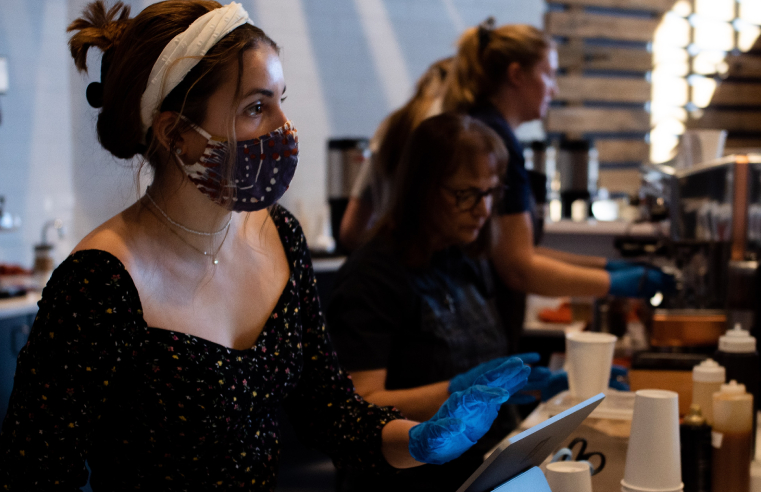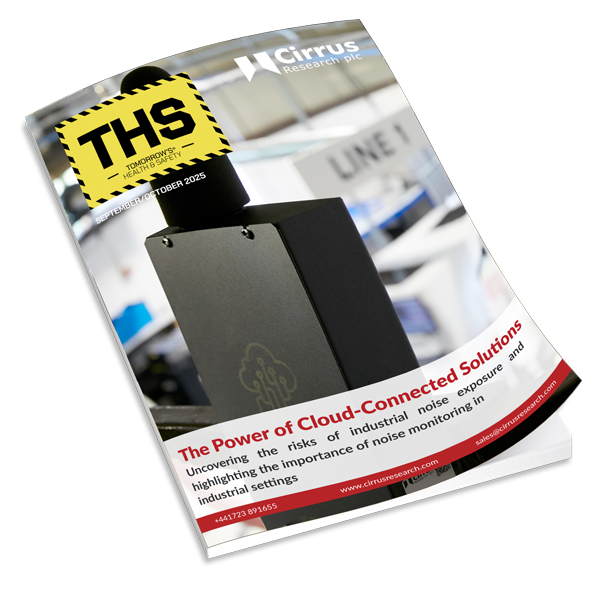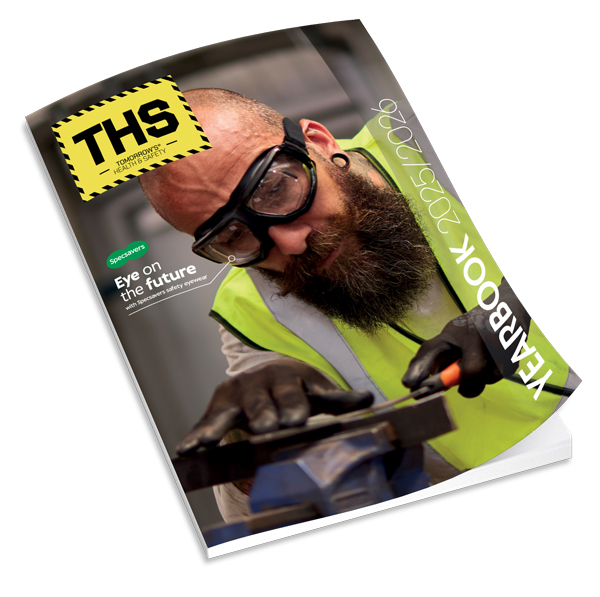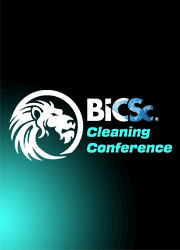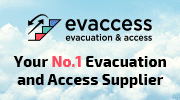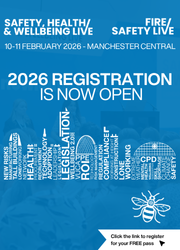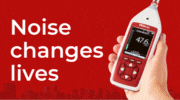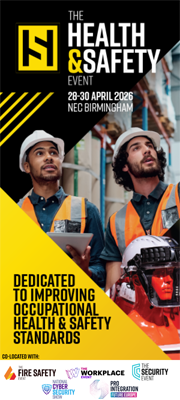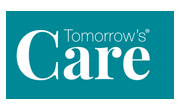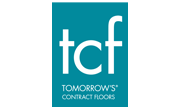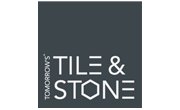As pubs, bars, and restaurants prepare to welcome eager customers back, there are a number of health and safety precautions businesses should be taking in order to meet new standards. Tash Blythe, expert in health and safety at online training provider, High Speed Training, discusses.
1. Carry out an extensive risk assessment
The first thing any business owner should do before re-opening an establishment is carry out an extensive risk assessment. In some cases, many businesses will have been out of bounds for a while, so you’re going to need to cover all bases, including new COVID-19 safety measures, to ensure a safe return.
Fire and electrical safety are all just some of the things you may have to cover before opening. It’s also important to consider any necessary information, instruction, and training for staff to cover new risks and how to follow control measures, as well as any overdue refresher training for health and safety.
2. Restart catering appliances
With many appliances left unused for some time now, it’s possible that equipment could be damaged if it wasn’t correctly ‘mothballed’ or shut down. Should any equipment require repairs, be sure to check the warranty where you can find the appropriate number to call.
Once catering equipment is up and running, you’ll need to conduct a deep clean before using it, especially with any systems you have that use water, as there could be a risk of legionella. It’s important to ensure water systems are flushed through and disinfected, which may require a specialist in some cases.
3. Enforce work partnering
It’s a good idea to place your staff into working partners and bubbles, this will mean that in the case of a member of staff testing positive for COVID-19, you’re able to isolate the team within which they’re placed. Ultimately, this will ensure minimal disruption to staff absences and of course, limit the spread of COVID-19 amongst your staff and customers.
4. Implement staff hygiene measures
It’s always been protocol to maximise hygiene amongst staff in order to minimise the risk of spreading bacteria and viruses, however, with the added risk of COVID-19 this is something you should be reminding staff of regularly.
Good personal hygiene applies both in the kitchen and to front of house workers and includes adopting an effective hand washing method, wearing appropriate clothing and having completed training to demonstrate competency in these areas.
It’s important to look at reinforcing any hygiene processes with visual prompts, such as posters near sinks in your venue to demonstrate to staff and customers how best to wash their hands.
5. Review food hygiene practices
While food hygiene processes haven’t changed as such since the pandemic, the expectancy to meet good food hygiene standards has somewhat increased for businesses, meaning there may be some changes you’d like to make.
Such changes could include a reduced menu, or some dishes may have an additional critical control point, such as chilling or reheating food items. You may even have to change suppliers for some of your menu items, so be sure to check their covid-secure procedures as well as their food hygiene standards.
It’s really important that all such measures are assessed and worked into your food hygiene procedures and HACCP plan for your due diligence.
6. Implement an effective cleaning schedule
A new cleaning schedule should be created, accounting for more frequent cleaning of high contact points in your premises, such as taps and door handles. You should also ask your staff which areas they think are high contact too to make sure you’ve not missed anything.
Areas and items you usually wouldn’t clean often, such as chairs, will need to have a more frequent cleaning regime to ensure they are safe for guests from one sitting to the next - this will also need to become an expected process for your staff to pick up throughout their shift.”
For an in-depth overview of the health and safety precautions you need to take before reopening your venue, you can access High Speed Training’s complete health and safety checklist here.





